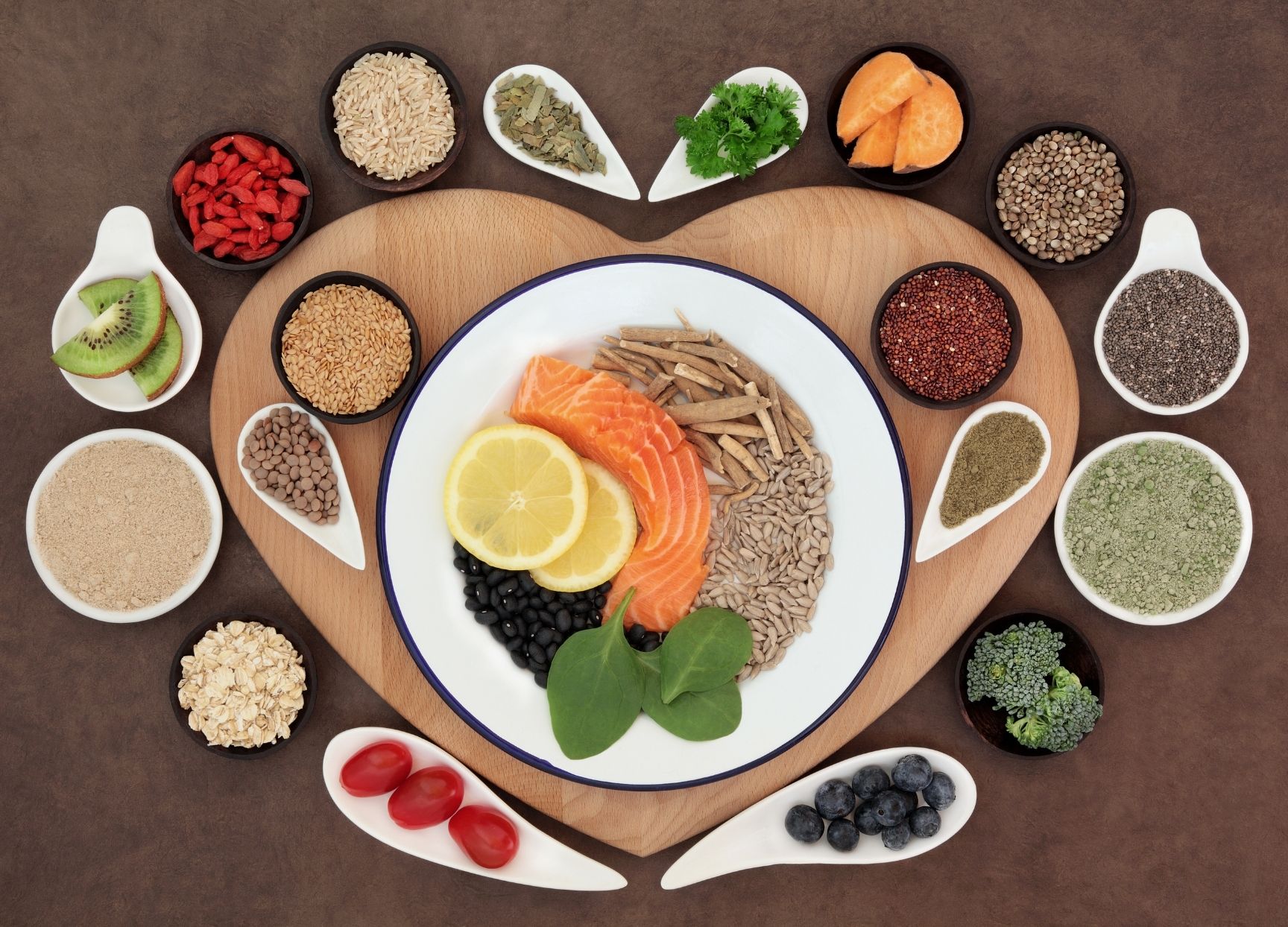
Dr Boon Lim
Specialist expertise: Heart Rhythm Disturbances including Atrial Fibrillation, Pacing and Syncope, Cardiology, Management of heart failure and advanced non-invasive cardiac imaging, Interventional Cardiology, Atrial Fibrillation Ablation, Heart Rhythm Disorders, Cholesterol Disorders, Arrhythmias, Vasovagal Syncope, Syncope, Complex Devices.
